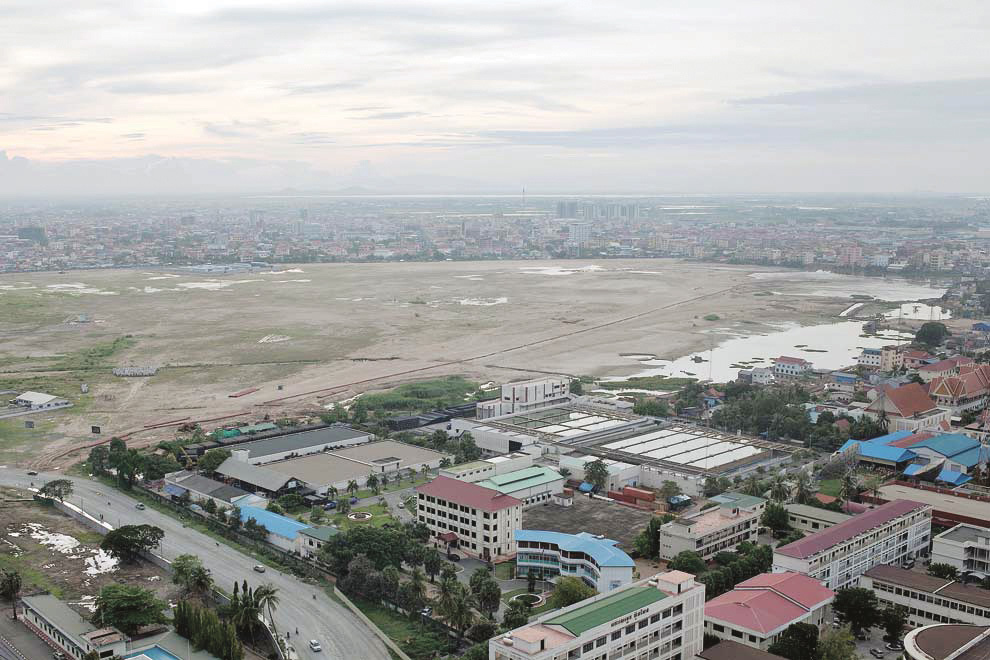How Bentley Infrastructure Software Helped Transform The Port of Melbourne in Australia
Repurposed from The B1M by Kathleen Moore Melbourne is Australia’s largest container port – and it’s about to get a whole lot busier. The port handles more than one-third of the shipping containers coming in and out of Australia: Over 3.2 million of them, and that figure is expected to double by 2050. There’s just […]
Slow Credit Growth in Cambodia’s Banking Sector in 2024
In 2024, Cambodia’s banking system experienced slow credit growth, reaching only 3 percent. This modest increase is attributed to the sluggish recovery of key sectors such as construction, real estate, tourism, as well as wholesale and retail businesses. A report released by the National Bank of Cambodia (NBC) on February 22 revealed that the total […]
East Group Announces Plans for Special Economic Zone in Preah Sihanouk Province
Investors from East Group have unveiled their ambitious plans to establish a special economic zone in Preah Sihanouk Province, marking a significant move aimed at boosting local economic development. In a working meeting with HE Sun Chanthol, Deputy Prime Minister and First Vice President of the Council for the Development of Cambodia, East Group representatives […]
2024 Sees a Surge: Cambodia’s Air Freight Volume Jumps 40% with Nearly 80,000 Tons Transported
In 2024, Cambodia made significant strides in its air transport sector, successfully transporting 77,852 tons of goods by air, marking a remarkable 40% increase compared to the same period in 2023. This achievement was highlighted in a report presented by Prime Minister Hun Manet on March 5, 2025. Air transport has emerged as a crucial […]
Cambodia’s Home Loans with Bank Reach USD 6.78 Billion as of 2024: NBC Report
In a recent report, the National Bank of Cambodia announced that as of 2024, the country had seen a significant surge in home loans, totaling over USD 6.78 billion, marking a 12.5% increase. This figure represents 12.5% of the total loan volume in Cambodia, which stands at USD 54.3 billion. The report highlights that loans […]
Two Foreign Companies Partner to Launch Waste Recycling Park in Phnom Penh
In a significant move towards sustainable urban waste management, Vinci Construction and Sage Engineering have announced a collaborative project to establish a cutting-edge “Waste Recycling Park” in Phnom Penh. This initiative aims to harness advanced technologies for treating urban solid waste and generating clean energy, ultimately enhancing the quality of life for city residents. During […]



 ខ្មែរ
ខ្មែរ







